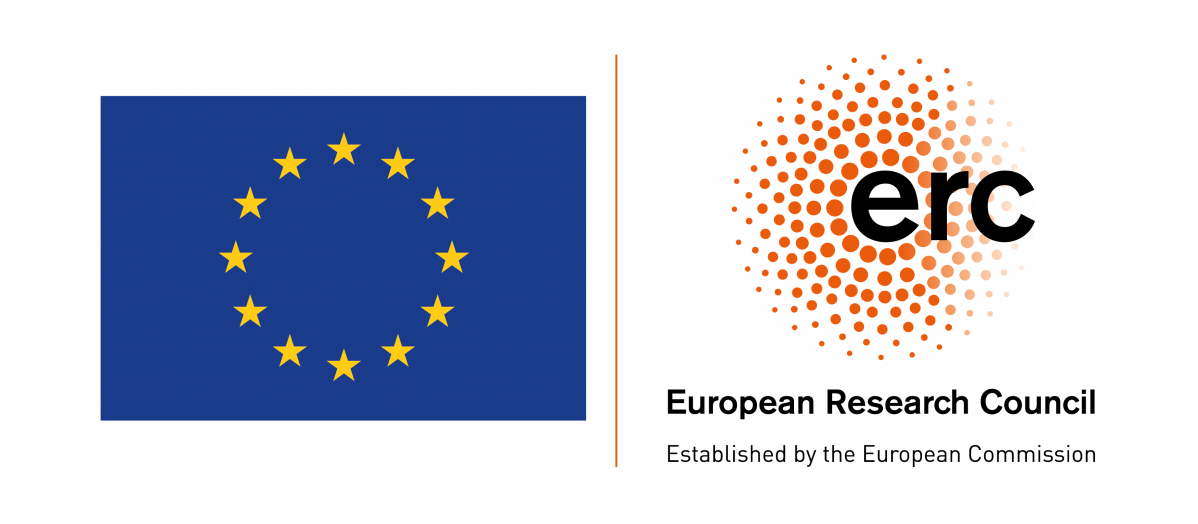Poster
Poster
This paper discusses the question of liberalism and market politics via some ad hoc reflections from
the history of socio-political ideas. Today liberalism has become just about synonymous – for proponents and opponents alike – with market liberalism or in the current parlance with neoliberalism.
According to this logic, to invoke liberalism at all is to invoke the absolute primacy of markets against just about anything else. This paper argues that this represents a theft of the very idea of liberalism, that the concept of liberalism has been stolen! We need, in short, to rescue the baby from the bath-water. The paper very briefly mentions some strategies for beginning to do this, including those derived broadly from ANT and the anthropology of economic life, and also from some of the reflections of Michel Foucault. Then we take a turn towards history, or at least towards Montesquieu. Drawing on Judith Shklar's notion of the 'liberalism of fear' a different model of liberalism is proposed, one which emphasises its political status not as a market-centred economic ideology but as a variegated historical assemblage based on a principled political scepticism towards the exercise of power. Different strands of liberalism have of course led in different directions in consideration of markets and to different kinds of market politics; the liberalism of fear encourages us to see markets as entangled, for better or worse, in systems of power. Exactly in what ways this is for better or worse is the crucial – but open – question. In attempting to elucidate this perspective the paper focuses on Montesquieu's strand of thinking about the causes and consequences of commerce in history. It outlines some of the ways in which Montesquieu connected the forces of commerce to the restriction of power, especially in relation to what he called despotism. In doing so it joins with Albert Hirschman in recommending the use of historical considerations in assessing contemporary issues; as a means not necessarily of solving questions once and for all but, perhaps more pertinently, for posing them in different ways and thereby hopefully adjusting some of the more static terms of debate with which we are burdened.
Tato akce je podpořena projektem UNCE/HUM/037 „Spojení člověk-stroj a jeho vliv na mezinárodní řád" a GAČR projektem č. 16-18371Y „Hledání ztraceného času", realizovaným na FLÚ AV ČR. Thomas Osborne děkuje za podporu Leverhulme Trust (Thomas Osborne acknowledges the support of Leverhulme Trust).
Pracovním jazykem přednášky a diskuze je angličtina. Kontakt: Filip Vostal (Tato e-mailová adresa je chráněna před spamboty. Pro její zobrazení musíte mít povolen Javascript.)





